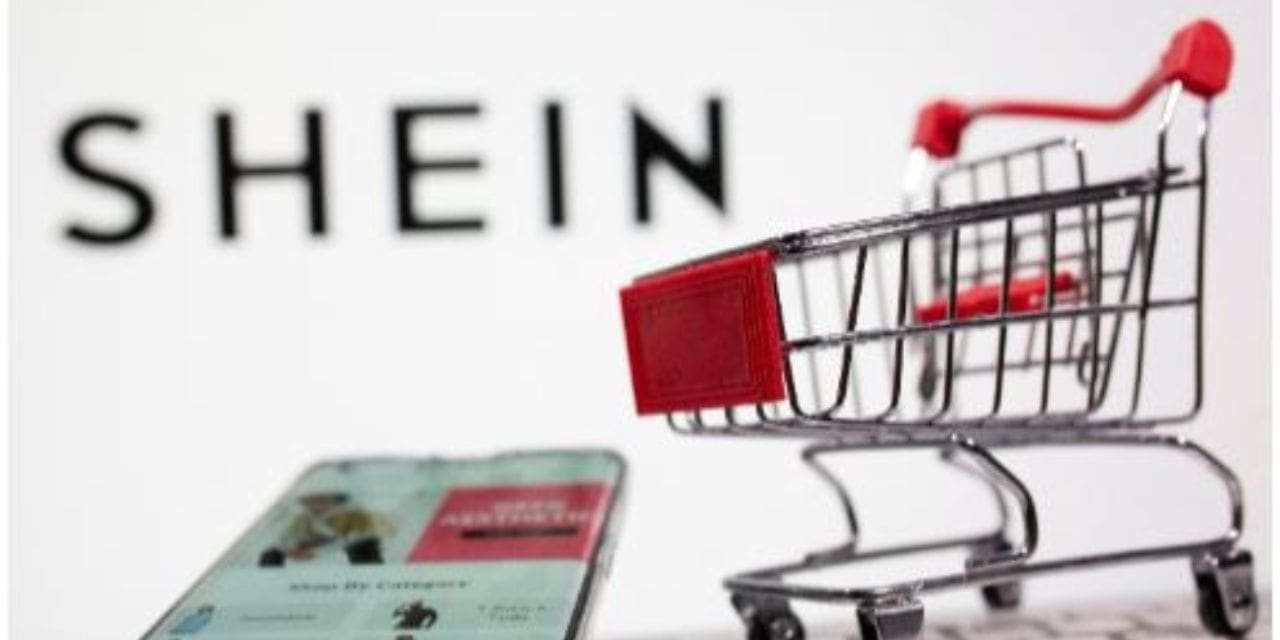The company’s shares in the US may be sold, according to predictions at the time of the letter to the Wall Street watchdog.
“We do not tolerate forced labour in any aspect,” said Shein in response to the BBC. The business added that it does not currently have any intentions to list on Wall Street.
Twenty Republican and Democratic lawmakers signed the letter, which claimed “credible allegations of using underpaid and forced labour.”
Additionally, it demanded that before Shein was permitted to sell shares in the US, the Securities and Exchange Commission (SEC) compel Shein to independently audit and confirm “that the organisation does not use Uyghur forced labour.”
Shein replied to the letter by telling the BBC that “We are dedicated to respecting human rights and complying to the local regulations and laws in all markets we operate in.”
According to Shein, their suppliers are required to adhere to a rigorous set of guidelines that align with the basic principles of the International Labour Organisation.
Human rights organisations and Western governments, particularly the US and UK, have previously accused China of interning Uyghurs, a predominantly Muslim ethnic minority, and using them as slave labour.
According to material viewed by the BBC in December 2020, up to 500,000 individuals in Xinjiang were being pushed to pick cotton. Beijing dismisses any violations of rights.
A few Western companies have cut Xinjiang cotton out of their supply chains, and the US has established new rules requiring companies importing items from Xinjiang to demonstrate that they weren’t made with forced labour.
Shein, which was established in 2008 in Nanjing, China, now has its headquarters in Singapore.
Young consumers in the US, UK, and Europe have been drawn to it because it produces fast fashion more quickly and frequently at lower costs than several of its competitors, like Boohoo or Asos.
It has worked with celebrities and influencers to increase its online popularity, and in 2021, its mobile app temporarily overtook Amazon as the most downloaded shopping app in the US on the iOS and Android app charts.
According to reports, Shein orders batches of clothing from thousands of independent manufacturers in China, and if they meet client expectations, it will order from them again.
The company has previously been accused of having unfavourable working conditions where employees purportedly worked 75-hour weeks.

